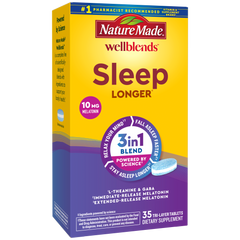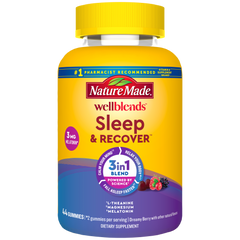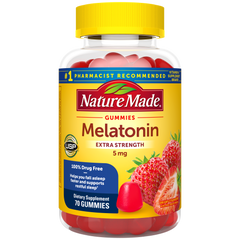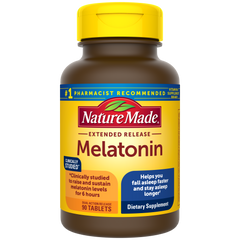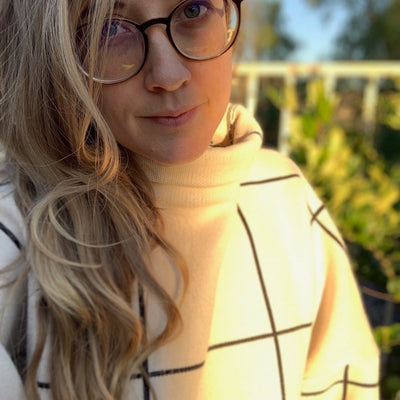25% OFF
25% OFF Zero Sugar‡ Gummies with code ZEROSUGAR25
Offer valid Friday 10/31/25 at 12 am PST through Friday 11/7/25 at 11:59 pm PST. No minimum order value required. For Subscribe & Save subscription orders discount applies to first shipment. One per customer. Cannot be combined with other offers. Subject to change.
‡ Not a low calorie food
-
-
-

Access expert insights, research, and other helpful content related to your health.
Explore Health Resources -

Learn where our story began, and how we continue to evolve alongside our customers.
Discover Nature Made
Item added to your cart
$0.00 away from Free Shipping You have earned Free Shipping*


 Beauty
Beauty
 Bone
Bone
.svg?v=1708553623743) Brain
Brain
 Gut Health
Gut Health
 Energy
Energy
 Eye Health
Eye Health
 General Wellness
General Wellness
 Immune Health
Immune Health
 Joints
Joints
 Kids
Kids
 Men's Health
Men's Health
 Mood
Mood
 Prenatal & Postnatal
Prenatal & Postnatal
 Sleep
Sleep
 Stress
Stress
 Women's Health
Women's Health
















